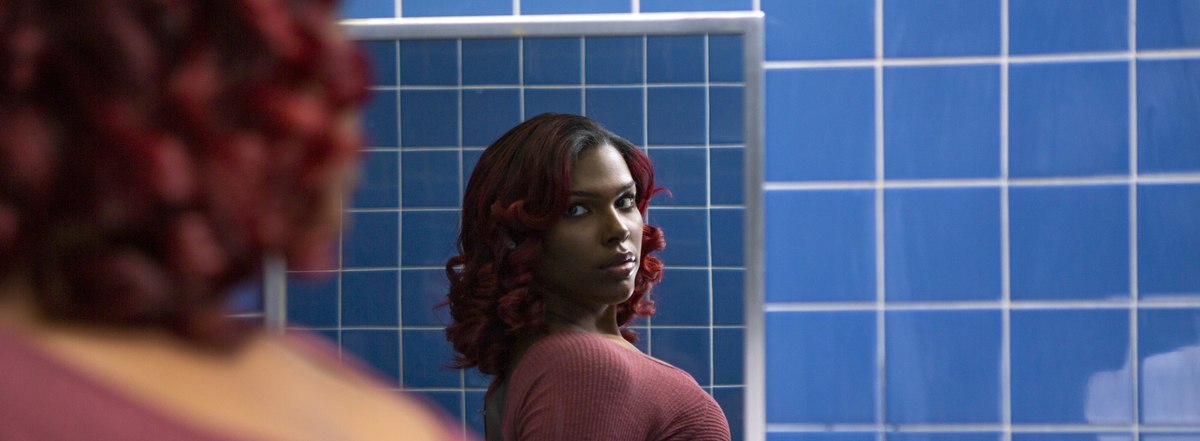During a year of isolation and anxiety for many, some Americans have engaged in some self-examination. The results of the YouGov Personality Study 2021 suggests that many people like what they’ve found: majorities say they like themselves, feel confident in many situations, and consider themselves friendly people.
More than one-third (36%) of Americans say they “always” like themselves, and close to half (47%) say they like themselves “most of the time.” Only (12%) say they don’t like themselves “most of the time,” and very few (2%) say they don’t like themselves at all.
Americans under 35 are more likely (24%) than older Americans to say they don’t like themselves most or all of the time.
How Americans describe themselves
When asked to pick words from a list to describe themselves, the most common choice was “friendly,” at 79%. Majorities also chose the words “thoughtful,” (67%) and “careful” (57%) to describe themselves. About half (51%) describe themselves as “rational/logical,” and 43% say they are private, slightly more than the percentage who describe themselves as “open” (37%).
Americans under 35 are generally less likely than those over 55 to describe themselves using most of the available words – but there are a few exceptions. Those under 35 are more likely to describe themselves as “emotional” (38% vs 26% of over-55s), “impulsive” (22% vs 16%) and “unfriendly” (10% vs 1%).
Additional questions from this study find that Americans tend to describe themselves as more reserved (52%) as opposed to more outgoing (40%). They also generally think of themselves as having a strong character (71%) rather than a weak one (20%).
How Americans believe others view them
Three in five (60%) Americans believe that other people tend to like them upon first meeting them. Just 9% say they think people generally do not like them when they first meet them, and many (31%) say they don’t know.
Most also say that things tend to improve after people get to know them. Over half (56%) say people tend to like them better after getting to know them. A quarter (25%) say people tend to like them the same amount as when they first met, and very few (5%) say people actively like them less after getting to know them.
But do Americans care about how they’re perceived by others? About two in five (43%) say it doesn’t matter to them what people around them think of them – 27% say it “doesn’t really matter” and just 16% say it “doesn’t matter at all.”
But slightly more (54%) say it actually does matter, with 13% saying it “matters a lot” what people around them think about them. The most common response is that it “matters somewhat,” with 41%.
Strangers are a different story. Two-thirds of Americans (67%) say it doesn’t especially matter to them what complete strangers think of them.
What aspects of life do Americans feel most confident in?
For the most part, Americans feel confident in many aspects of their day-to-day lives. They feel especially confident when it comes to knowing themselves, with 86% saying they feel confident about this. Americans also are particularly confident among their family (83%) and at work (83%). The same percentage (83%) feel confident about their personality in general.
The area Americans tend to feel the least confident about is new social groups. About two in five (37%) say they usually feel not very confident (24%) or not at all confident (13%) in this setting. But a majority (58%) still feel confident meeting new people. This may be in part because many Americans see themselves as shy: 10% say they are “very shy” and 41% say they are “somewhat shy.”
Additional data from this study finds that just under half (46%) of Americans say they tend to fit in with the communities they are part of, while 38% say they tend to be different.
Men are more secure than women when it comes to appearances
Men (70%) are 11 percentage points more likely than women (59%) to say they feel secure about their appearance. Another 27% of men and 39% of women say they tend to feel insecure about their appearance.
When asked if they believe they are more or less physically attractive than the average person, men (35%) are a little more likely than women (30%) to believe they’re especially attractive. A quarter of women (25%) and 19% of men say they are less attractive than average. The most common response among both men and women is that they believe themselves to be average, at 42% for both genders.
Given that women generally feel less secure about their appearance, it is unsurprising that when asked what they dislike about themselves, women are more likely than men to say they dislike their weight (57% of women vs 45% of men) and their looks (29% vs 22%).
One in five (20%) Americans say they dislike their age. Americans who are over the age of 55 (28%) are more likely than those who are 35-to 54 years old (18%) or 18-to 34 (12%) to say this is something they dislike about themselves.
Slightly fewer Americans say they dislike the way they sometimes treat their family (14%) and the way they sometimes treat their partner (13%).
See full results here.
Related: The impact of coronavirus on mental health and relationships
Methodology: Total sample size was 2,242 US adults 18+. Fieldwork was undertaken between March 11 – 15, 2021. The survey was carried out online. The figures have been weighted and are representative of all US adults (aged 18+).
Image: Gender Spectrum Collection











